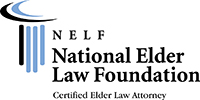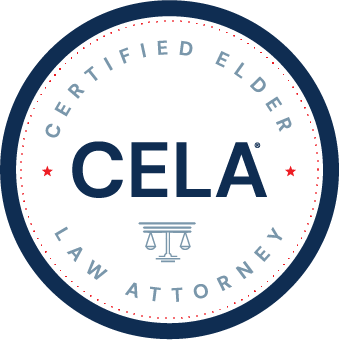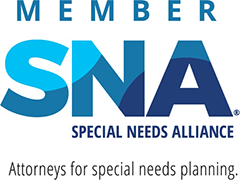by Bradley J. Frigon
Let's assume a common occurrence for a small business. In this case our small business is a landscape contractor. Similar rules apply to any other service related business. The owner of our small business speaks with a customer. They agree that the contractor will install a new lawn. They agree that the lawn will be installed in a timeframe of four weeks and that the customer will pay a total of $5,000 for the work and the supplies. The conversation has gone well and the contractor has never had any problems with a customer before. Nothing is done in writing and nothing is signed by either party.
The contractor installs the lawn and promptly completes the work on time with no complaints from the customer. The contractor sends an invoice to the customer that states that the work is completed and that the total amount of $5,000 is due at that time. After several calls from the contractor, the customer will not pay the invoice. The customer then says that the price is wrong and that he only agreed to pay $3,500.
At this point the small business owner doesn't know what to do and expresses to friends and family members that he wishes that they had a contract. What the business owner doesn't realize is that they did have a contract - it just wasn't written down.
Oral Contracts
A basic contract requires three things, that one person offers something, that the other person accepts the offer, and that something of value is to be exchanged in the transaction. An oral contract can be entered into - and can be legally enforceable. When one person says, "I will sell you 15 widgets for $10 each," and the other person says, "I accept your offer," there is a valid and enforceable contract under these terms.
However, oral contracts can be very difficult to enforce. It is difficult to prove what the terms of the agreement were and evidence can come down to one person's version of what happened compared to the other person's version. Equally difficult can be deciding what to do with terms in the transaction that the parties didn't discuss. For example, if the customer is paying late the contractor wants to charge a late fee but that isn't part of their oral contract.
Written Contracts
In contrast to oral contracts, some contracts are required to be in writing. Each state has what is called a Statute of Frauds that specifies that contracts in particular situations must be in writing. For example, most contracts involving real estate must be in writing in order to be enforceable. It is very important to ensure that a contract covered by the Statute of Frauds is in writing or it may not be enforceable at all.
However, for the small business owner, a written contract helps to ensure that all terms are spelled out between the parties. This is important in case the owner ever has to seek enforcement of the contract. It is also helps to have everyone on the same page about the terms of the agreement.
Standard Agreements versus Custom Agreements
Most businesses can have some form of standard agreement drafted for them. Although each business should have an agreement customized to their own situation, the standard agreement should be flexible enough to cover most of their common customer transactions. The agreement can have spaces to customize the exact work to be done and the amounts to be paid for that work. Using an agreement that is not customized to your own situation or a form that has not been thoroughly reviewed with you by an experienced lawyer can be equally dangerous.
The rest of the agreement will contain the terms that the business owner has decided to do business under. For example, charging 1.5% interest per month on accounts unpaid after 30 days would go into this agreement. Now each of the customers who have signed the agreement knows, and more importantly has agreed to, your policy on late fees. Additionally, the contract can define methods of dispute resolution and assessing attorney fees. And if you have to go to court to enforce the agreement, the amount that you are charging as a late fee or as monetary damages for the customer not complying with the agreement is far less open to attack.
In contrast to the standard agreements you use with your customers, there are times that a business owner should have a custom agreement drafted for a specific transaction. This would typically involve a unique or large transaction. For example, if a business owner wants to acquire another company as a way of expanding his business, an acquisition agreement may need to be drawn up. It is very important that any transaction that requires significant negotiation is reduced to writing to help ensure that the deal reached between the parties is understood by all of them.
Other Legal Contract Issues
The business owner may also want to double-check that he is not violating other requirements of the law while conducting his business. For example, the Fair Credit Reporting Act places restrictions on companies that pull credit reports as part of their business. Or if our landscape contractor keeps chemicals on hand for treating lawns he may have to comply with state or federal laws and regulations targeted at protecting employees or the environment.
An Ounce of Prevention
As with many things, planning up front for contingencies can save time and money down the road. Consulting with an attorney to ensure that you have the right contract can save the small business owner money in the long run and minimize an uncertain result in court with an unwritten contract. Contact us if you need a standard contract to use with your business customers, a custom agreement for a larger transaction, or if you need an experienced lawyer to review your existing customer agreement.
Learn more
Learn more by browsing our special needs trusts articles.
Call (720) 200-4025 now or email us to find out how our attorneys can help with your Corporate and Small Business issues.












